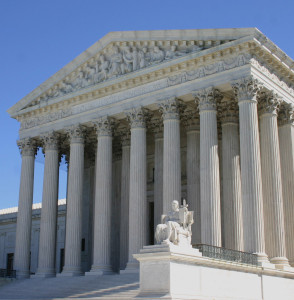Caring Hearts Personal Home Serv., Inc. v. Burwell, a U.S. Court of Appeals for the Tenth Circuit Medicare reimbursement case, describes the challenges confronting federal administrative agencies and the regulated community at a time when the demands on and the growth of government are somewhat astonishing. Judge Gorsuch begins his opinion as follows:
“Executive agencies today are permitted not only to enforce legislation but to revise and reshape it through the exercise of so-called ‘delegated’ legislative authority… The number of formal rules these agencies have issued thanks to their delegated authority has grown so exuberantly it’s hard to keep up. The Code of Federal Regulations now clocks in at over 175,000 pages. And no one seems sure how many more hundreds of thousands (or maybe millions) of pages of less formal or ‘sub-regulatory’ policy manuals, directives, and the like might be found floating around these days. For some, all this delegated legislative activity by the executive branch raises interesting questions about the separation of powers… For others, it raises troubling questions about due process and fair notice—questions like whether and how people can be fairly expected to keep pace with and conform their conduct to all of this churning and changing ‘law’… But what happens if we reach the point where even these legislating agencies don’t know what their own ‘law’ is?”
 Gravel2Gavel Construction & Real Estate Law Blog
Gravel2Gavel Construction & Real Estate Law Blog






